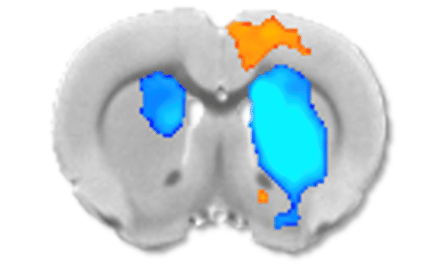New research from the U.K.-based University of Surrey and the Office for Health Improvement and Disparities (OHID) at the Department of Health and Social Care has found that individuals with severe mental illness are less likely to attend cancer screening than those without such conditions.
The study, which received funding from OHID and NHS England with support from Cancer Research UK, revealed that there is a significant gap in attendance at cancer screening among people with severe mental illness, with the most significant disparities being observed for those diagnosed with schizophrenia, followed by those diagnosed with other psychoses and bipolar disorder.
The researchers suggested that the lower attendance at screening in these populations may be a contributing factor to why people with severe mental illness are more likely to die prematurely from cancer. The study analyzed data from the Clinical Practice Research Datalink on over 1 million people and found that inequalities were widest for bowel cancer screening, followed by breast and cervical screening. Attendance among those with severe mental illness was particularly low for those living in more deprived parts of the country, where the prevalence of severe mental illness is also higher.
Lead author of the study and co-lead of the Cancer Care group at the University of Surrey, Robert Kerrison, MD, states that people with severe mental illness are two and a half times more likely to die prematurely from cancer than their peers. He added that increasing early diagnosis, through screening, could help save lives from cancer and reduce inequalities in cancer outcomes.
The study also found that people from some ethnic minority backgrounds were less likely to attend cancer screening appointments. The data showed that participation in bowel cancer screening was lower among Black adults with severe mental illness, compared with white adults.
Cancer Research UK’s executive director of policy and information, Ian Walker, MD, called for further research into this area to properly understand why these gaps exist and to build targeted interventions that ensure everyone benefits equally from programs that diagnose cancer early and save lives.






